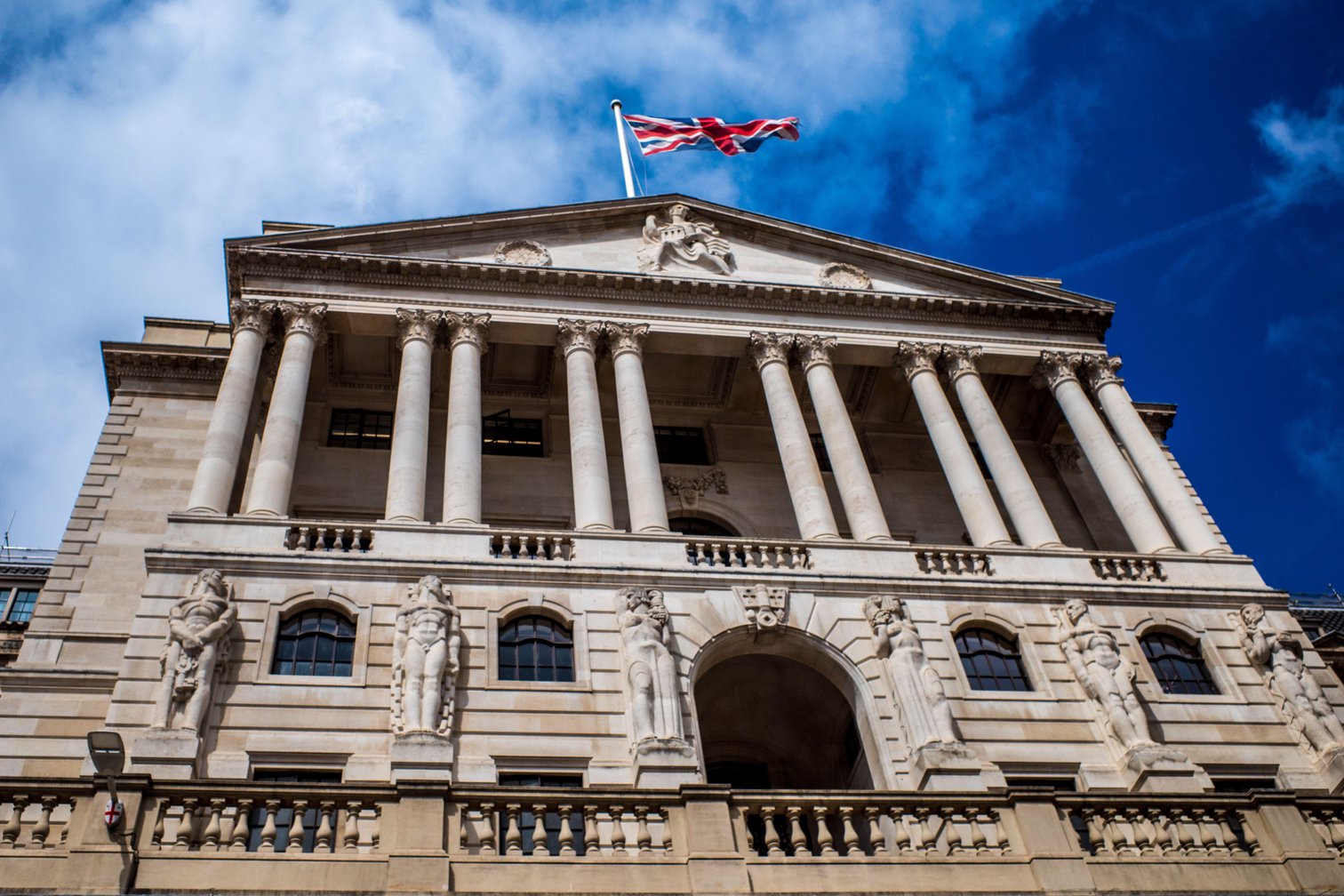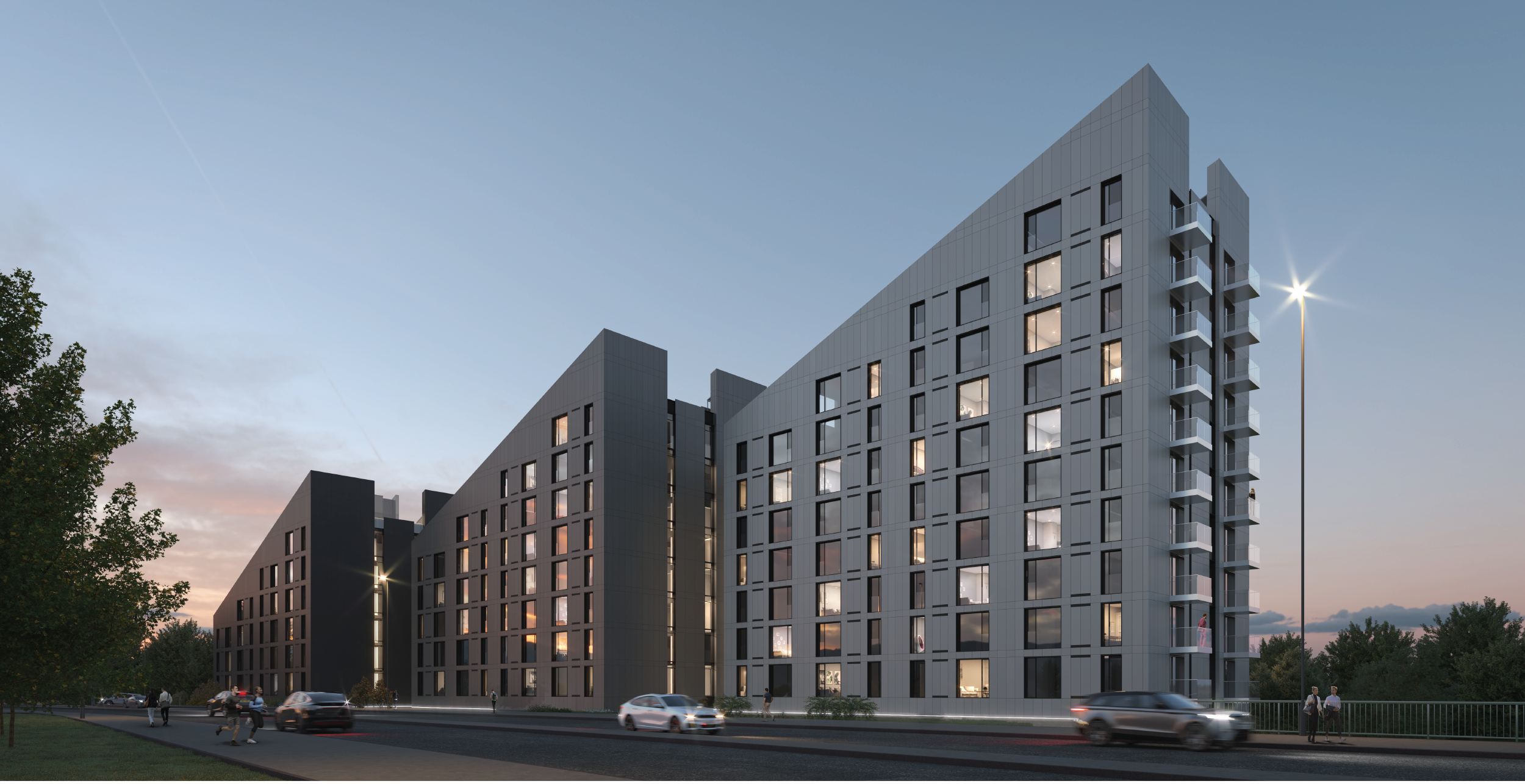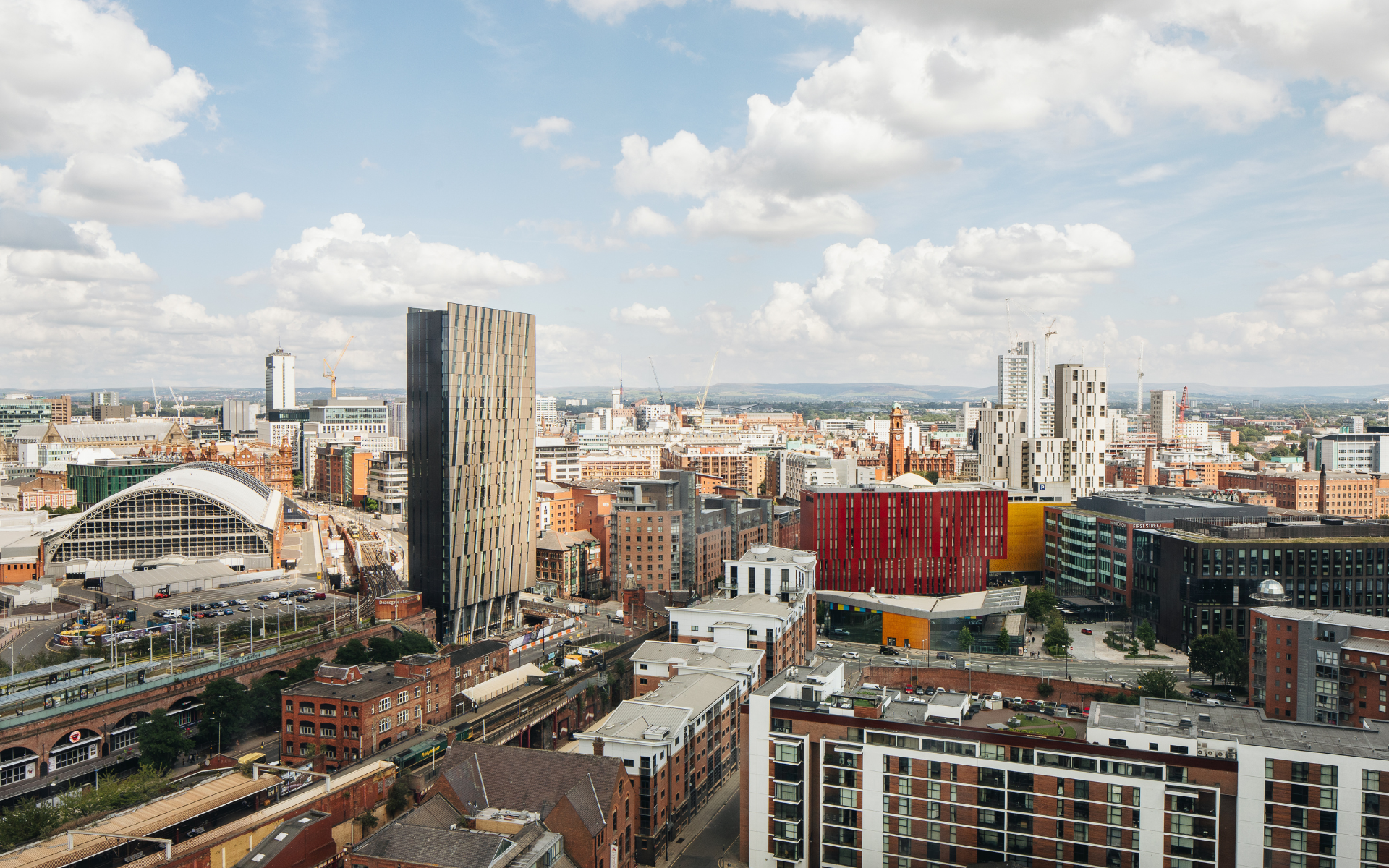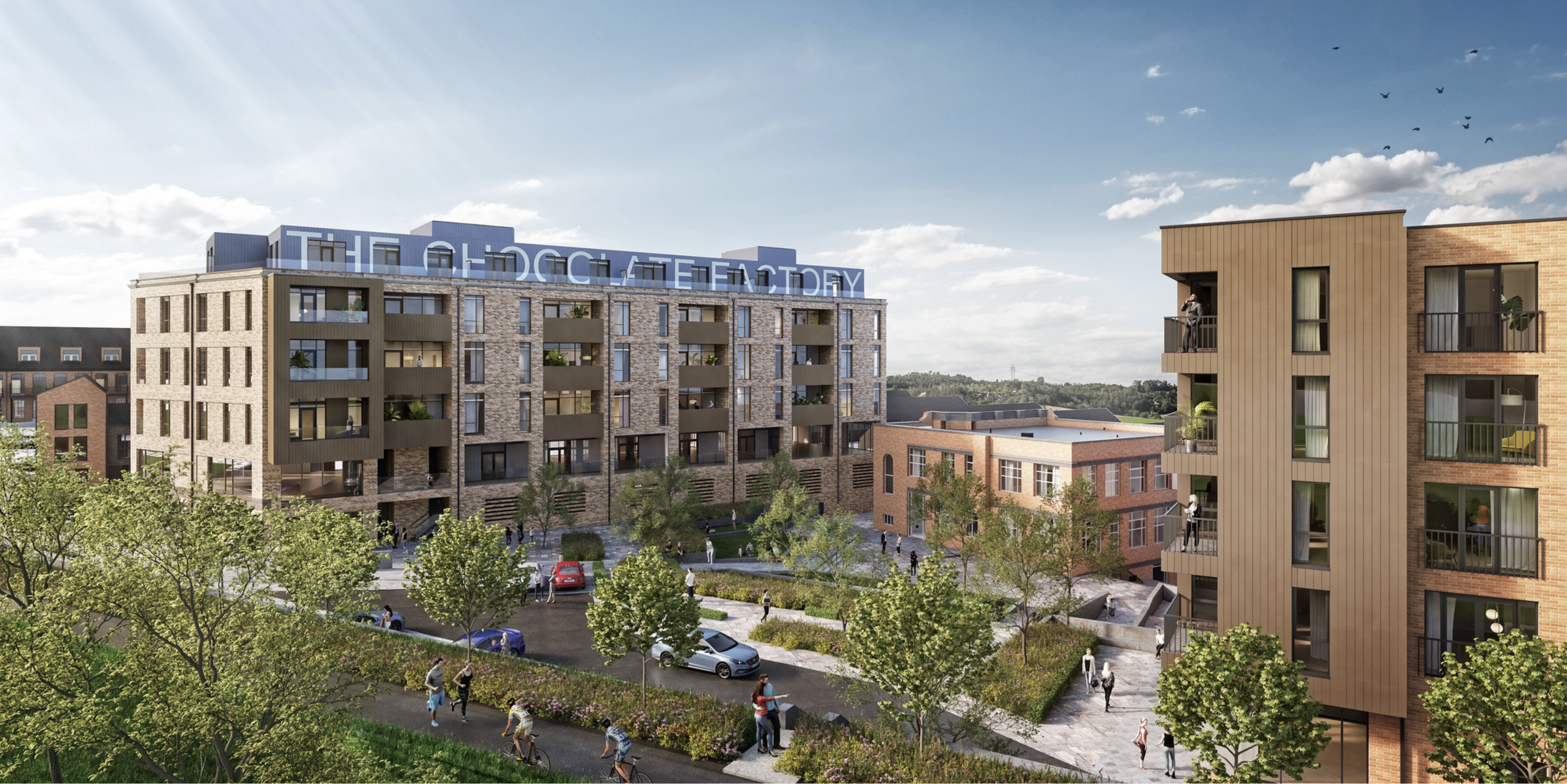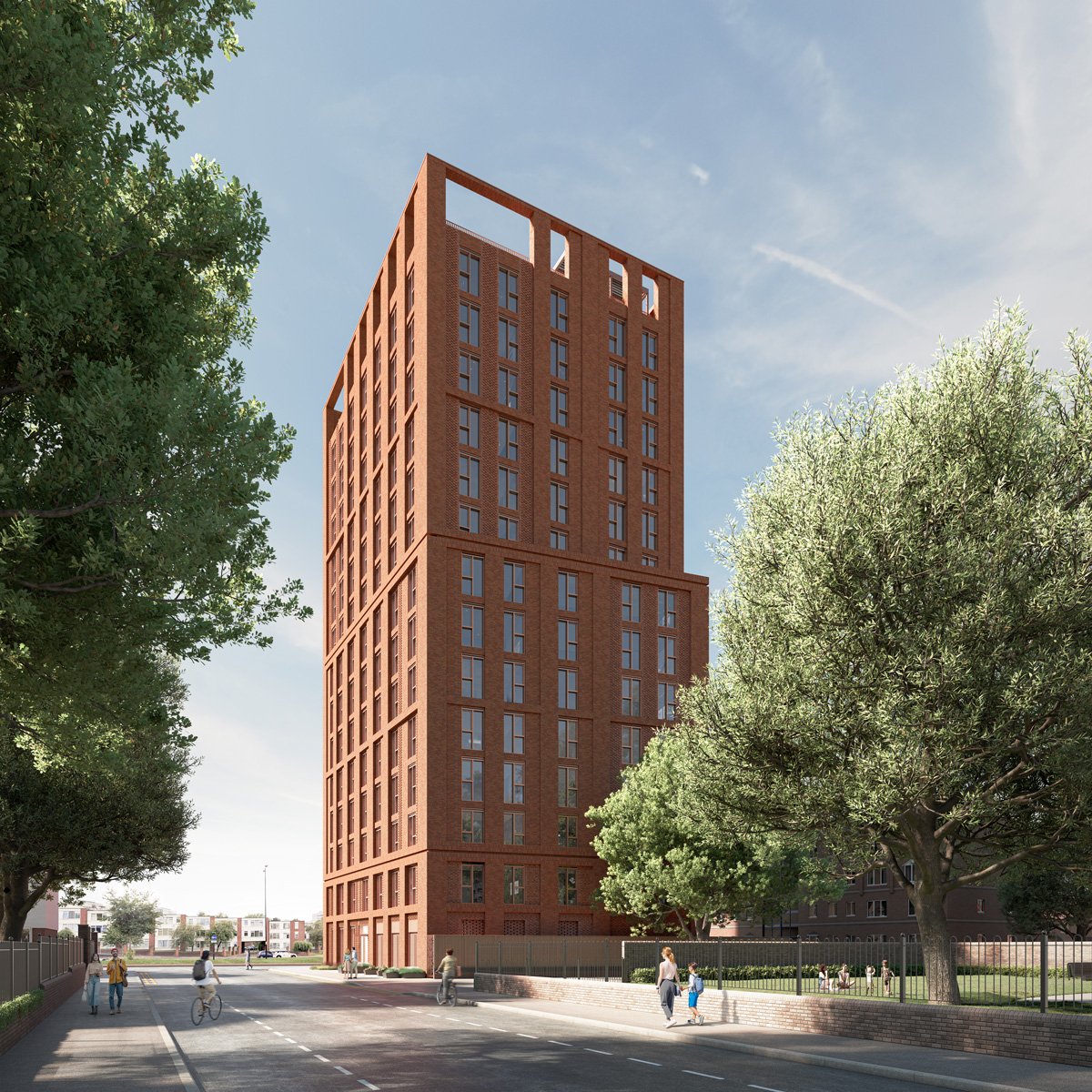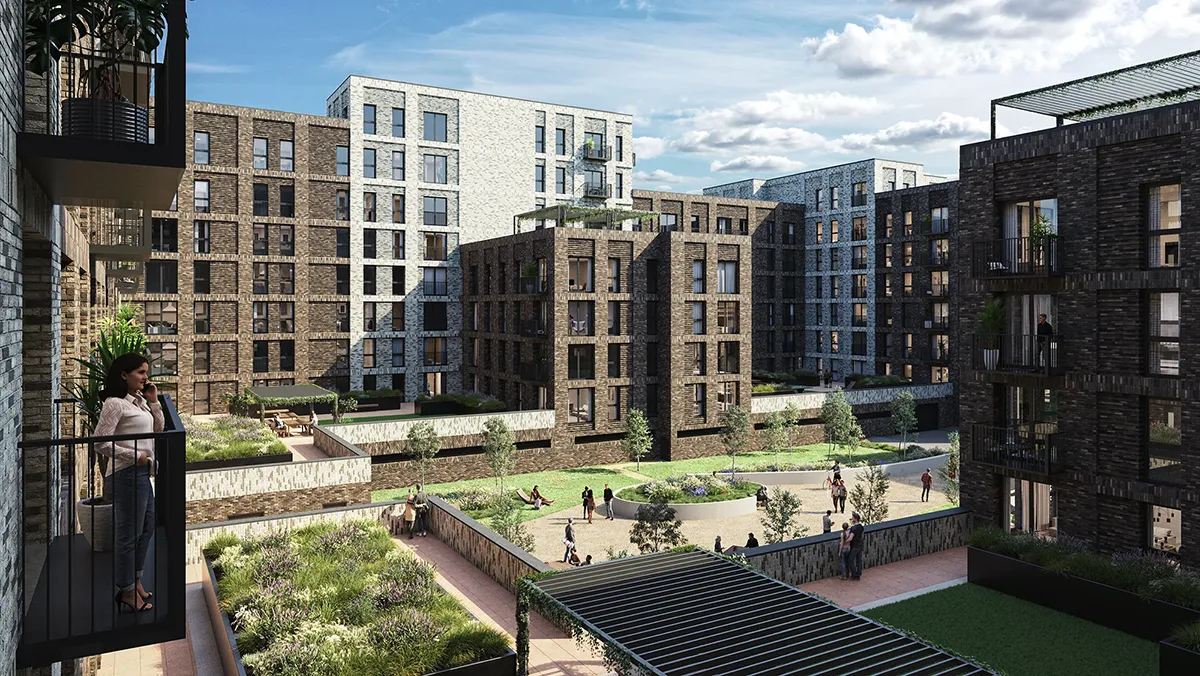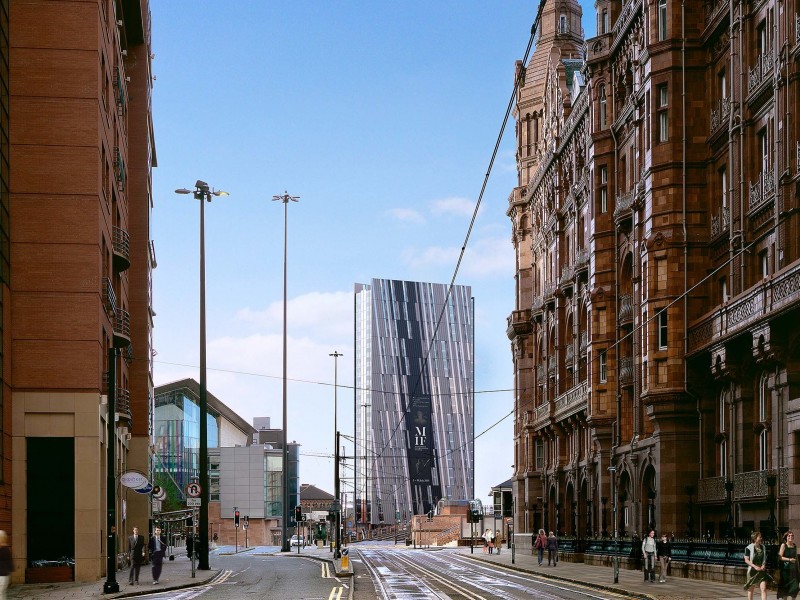Property market update August 2023
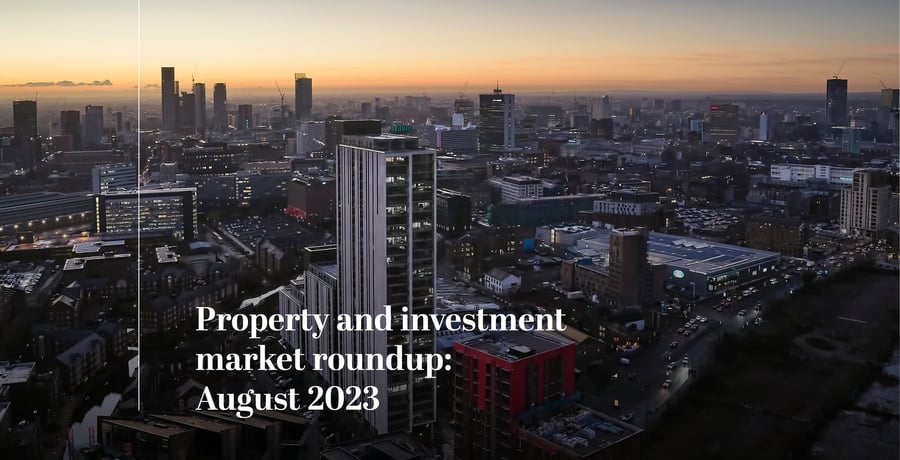
The uncertainty in the property market has receded somewhat as the impact of the interest rate rises and the general economy have become more known and understood. Clarity is developing and many homebuyers and investors are feeling more comfortable looking ahead to the future.
For our August 2023 property market update, we have analysed the available data and picked out the most interesting trends to help inform your buying decisions. Read on for more…
House price inflation continues to slow
The big headlines over the last month have been that house prices are “falling” across the UK, but it appears that it would be more accurate to say that the inflation of property values has slowed, with falls in some areas. In other words, they are still growing, just not as quickly.
On average, the UK average house price is growing at 0.6% year-on-year with regional variations making up the main differences. The South East appears to be the place where prices are least healthy with data from Zoopla showing that the region seeing falls of 0.3% on average.
In contrast, the regional markets in the Midlands and the North are faring much better, as has been the case for a long time now. Birmingham (2%) and Manchester (1.6%) are outperforming the national average and the South East by some distance and must be considered the default markets for anyone interested in capital appreciation.
Not only are they performing well now, but their ongoing above-average growth in this time of uncertainty bodes well for those markets when better times return in the future.
Mortgage rates peaking
The same data from Zoopla suggests that mortgage interest rates may be peaking, and are likely to do so by the end of the year at the very least. The outlook for mortgages is the key factor in determining future market activity and it has been suggested that rates will peak in Q4 2023 and Q1 2024 in the 4%-5% window.
This prediction is backed up by reports that NatWest, Halifax, Virgin Money, Nationwide, Barclays, TSB and HSBC have all cut their rates within the last week.
“More banks and building societies have been lowering their rates in recent weeks as they try to attract more borrowers,” said Aaron Strutt, director at Trinity Financial. “We are starting to see acceptance criteria changes to make it easier to get mortgages and even the return of lower rates being offered for a week to tempt borrowers to take action.”
Finally, Bank of England data shows that mortgage approvals rose last month to their highest level since October 2022.
Simon Gammon, a managing partner at Knight Frank Finance, said: “June’s figures showed strong remortgaging activity and we’d expect another rise in July. Whereas in June, borrowers were scrambling to fix on fears that mortgage rates could rise further, July’s activity will be driven by a surge in demand for tracker products. Many more borrowers are now opting for trackers, betting that rates will keep easing and they will have the opportunity to fix at more attractive rates in a few months.”
Rents continue growing
It has been known for a while that the rental market continues to grow despite all economic uncertainty that occurs. In fact, it has never been stronger, and the prediction from CBRE’s latest Mid-Year Market Outlook is that the average rent will have grown by 4.7% across the UK by the end of 2023.
However, that estimate actually seems conservative when compared to the real life data that is out there. For example, the latest HomeLet Rental Index shows that rents are already 10.4% up year-on-year and the average cost that people are paying is as high as £1,027 pcm, excluding London.
Demand continues to outstrip supply for two reasons. Firstly, there are not enough new homes being built to satisfy the number of people who need them. Secondly, the high mortgage rates are keeping people in the rental sector longer than they otherwise would. The two factors combined mean that rents are likely to keep increasing in the UK for some time to come and the sector will keep growing.
Want to learn more about buying UK property and the market? Get in touch with the team today by clicking here >>
Continue Reading
